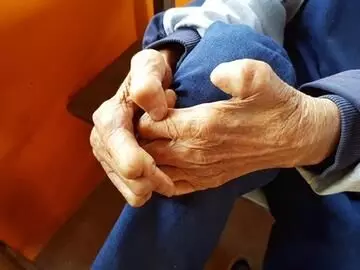WHO Declares Jordan the First Country to Eradicate Leprosy

The World Health Organization (WHO) on Thursday declared Jordan the first country in the world to eradicate leprosy. WHO Director-General Dr. “WHO congratulates Jordan on this impressive achievement. Leprosy has afflicted humanity for thousands of years, but country by country we are preventing its transmission and releasing individuals, families and communities from its suffering and stigma.”
Jordan has not reported any cases of leprosy in more than two decades, the WHO said. The global health body attributed the success to “strong political commitment and effective public health strategies”.
WHO announced after appointing an independent team to assess the situation following the interest of the Ministry of Health in confirming the eradication of leprosy. “Jordan’s eradication of this centuries-old disease is a historic milestone in public health and efforts to eliminate leprosy globally,” said Saima Wazed, WHO Regional Director for Southeast Asia, head of WHO’s Global Leprosy Programme is a great success for the country.”
Wajed said that leprosy is not just a disease, but also “a fight against stigma and psychological and socio-economic harm. Leprosy is an infectious disease caused by Mycobacterium leprae, which can be spread through nasal and mouth droplets during close and frequent contact with untreated patients.
It is also known as Hansen’s disease and mainly affects the skin, peripheral nerves, mucosal surfaces of the upper respiratory tract and the eyes. Leprosy can be cured with multi-drug therapy (MDT) and early diagnosis and treatment can prevent disability.
As of 2019, there were more than 10,000 new cases of leprosy in India, Brazil and Indonesia. About 13 other countries – Bangladesh, the Democratic Republic of Congo, Ethiopia, Madagascar, Mozambique, Myanmar, Nepal, Nigeria, Philippines, Somalia, South Sudan, Sri Lanka and the United Republic of Tanzania – each recorded 1000-10,000 new cases.
